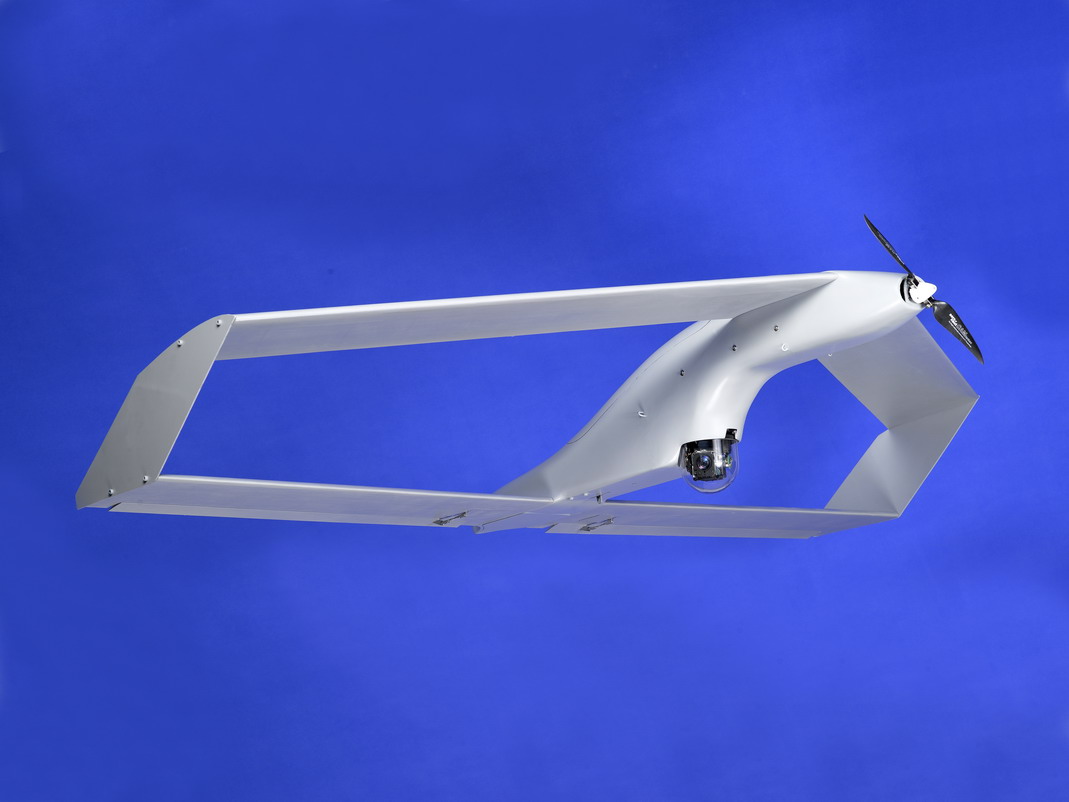Israel is pursuing a studied ambiguity on whether it will attack Iran, keeping its options open on how to rein in Tehran’s alleged nuclear weapons ambitions, Israeli experts say.
Speculation about an Israeli attack on Iranian nuclear facilities has reached fever pitch in recent weeks, driven by comments from Israeli officials and a slew of articles in the international media.
Israel, like much of the international community, accuses Tehran of using its nuclear programme to mask a weapons drive, a charge denied by Iran.
And the Jewish state, the sole, if undeclared, nuclear power in the region, has made clear it sees a nuclear-armed Iran as a threat that it will prevent at all costs.
But experts say Israel’s rhetoric about a military strike could be seen as a strategy to obviate the need for an attack by piling on the pressure on Iran and the international community.
Political science professor Yehezkel Dror’s book “Israeli Statecraft” analyses various ways Israel could confront Iran’s alleged nuclear ambitions and says that bellicose rumblings from the Jewish state serve a range of purposes.
“Israel certainly wants other countries to prevent Iran from having nuclear weapons, and is surely using the possibility of an Israeli attack on Iran as one of the means to convince them to do so,” he told AFP.
By brandishing the threat of military action, Israel targets policy-makers both in Tehran and the West, Dror says, using “a very accepted means of creating deterrence, as well as a motivating force.”
Israel’s sabre-rattling appears to have stepped up, with Strategic Affairs Minister Moshe Yaalon warning that no Iranian facility, however reinforced, is immune to Israeli attack.
But Prime Minister Benjamin Netanyahu is also said to have asked officials to stop “blabbing” about such an attack, warning it could create the impression an attack was imminent or be seen as undermining tough new European sanctions against Tehran.
For Israeli military and intelligence writer Ronen Bergman, the attack rhetoric is a good way for the Jewish state to preemptively justify an eventual military operation.
“Israel is trying to tell the world: ‘We told you that if you wouldn’t act, we would,'” he said.
“Part of the international legitimacy for the decision-makers is to say: ‘We raised the alert, we did everything throughout the years to get the world to impose sanctions to prevent an attack.'”
Bergman caused a splash last month with a New York Times magazine cover article entitled “Will Israel Attack Iran?,” which concluded, based on discussions with senior Israeli officials, that an attack this year is likely.
But he acknowledges that even among his most informed sources, there is still uncertainty. “There has not been a decision to attack,” he says.
Avner Cohen, an Israeli-American professor with the Non-Proliferation Centre at the Monterey Institute of International Studies, also believes Israel is keeping its options open for tackling Iran’s nuclear programme.
Israeli talk of an attack “may be an 80 percent bluff in the current context, in the sense that Israel has not made a decision,” he said.
But he notes that “Israel under Netanyahu and (Defence Minister Ehud) Barak is committed to act, if nothing else would stop Iran, if Iran continues and develops nuclear weapons.”
“Israel would likely act alone, so in that aspect it’s not a bluff,” he adds.
Cohen acknowledged that there is still uncertainty about whether Iran is in fact seeking nuclear weapons, and that any preemptive attack could galvanise their resolve to obtain them.
“The Iranian decision very much depends on how the world would respond,” he said.
“They don’t need actual weapons, they would like to be perceived as very close to the weapon, to the point that it doesn’t really matter whether they actually have the weapon or something short of it,” said Cohen.
“Only if Iran would be attacked would they leave the Non-Proliferation Treaty and declare their right to have nuclear weapons in the name of self defence.”
Such uncertainty contributes to Israel’s mixed messages, Dror said.
“It is not reasonable, to my mind, that the ambiguous threat to attack alone might be a ‘bluff’ solely meant to galvanise others into action,” he said.
“It is much more reasonable to assume that Israel is keeping its options open, which is the right thing to do.”
“Few people know all the details,” he added. “All the rest is speculation.”











